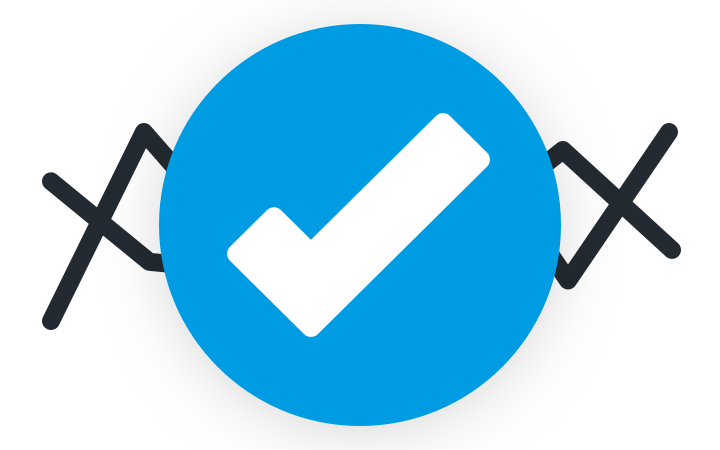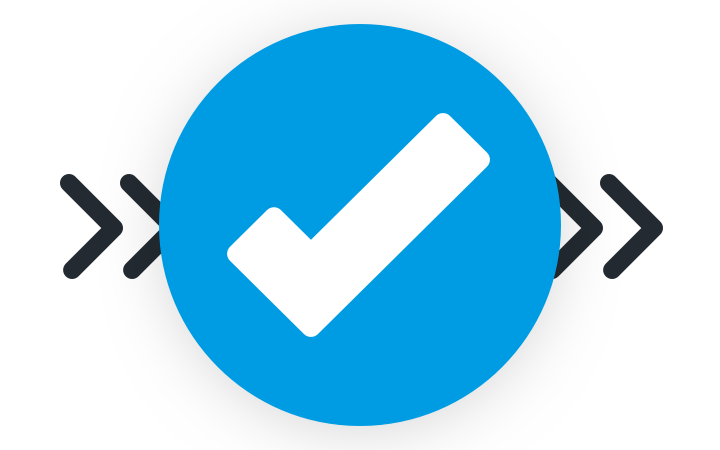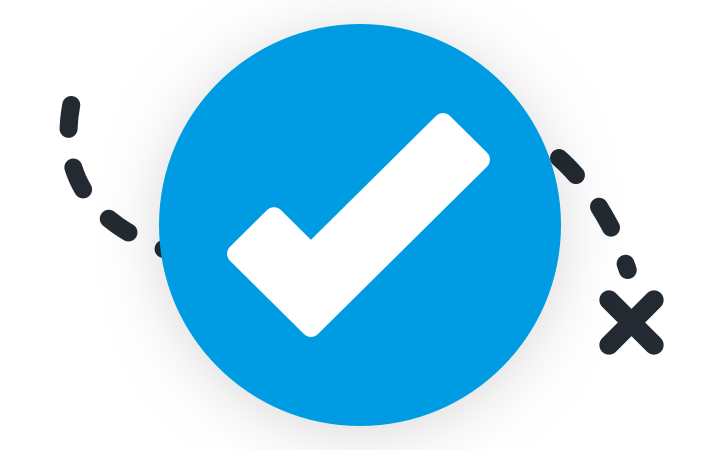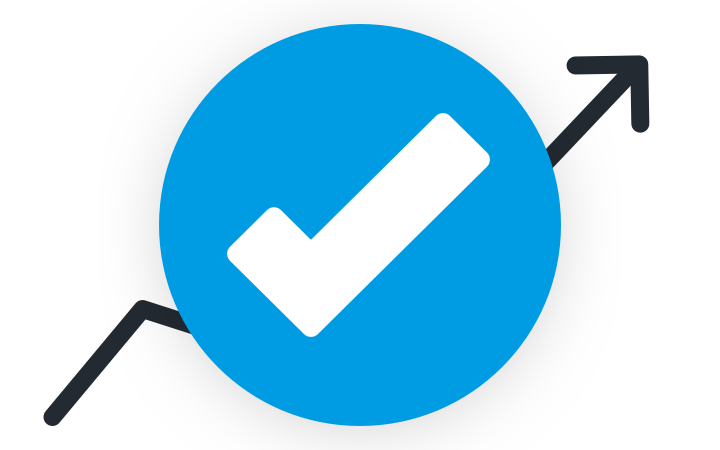All Sports
Hudl
Assist
Coaching
The 6 Essential Steps to Setting Meaningful Goals on Hudl
Jul 11, 2018
2 min Read

Successful programs have clear goals that set expectations and drive team success. Check out how Hudl can help.
Pro tip: Consider using percentages over raw counting stats. Traditional statistics don’t take pace of play into account, which can skew the data. Stats like possession percentage and hitting percentage give a more accurate view of performance.

Identify stats that matter to your team
- Asses your team's strengths, weaknesses and style of play. All of these will dictate what you track.
- Peruse your data on Hudl to find the numbers that most impact the score. Search for trends or inconsistencies you can improve on.

Set game-to-game goals alongside those for the season
- Set a benchmark for wins or where you’ll finish in the conference. But don’t stop there—players should have an expectation for every game.
- Dive into last year’s data and pick five or six stats you find most relevant to your team’s victories. Track these game-to-game and monitor how they affect your winning percentage.
- Set comparative goals that tell you how your team stacks up against opponents. Winning the serve-pass battle or having a higher possession percentage might be the key to your team’s success.

Map out individual goals with each player
- Discover every players' motivations. If they want to win awards or play in college, set loftier goals.
- Get on the same page with every athlete. Not everyone can be a star, and it’s important for them to understand their roles. This meeting helps each team member know what to expect.

Create Incentives
- Simply setting goals might not motivate athletes much on its own. But attaching rewards, such as reduced conditioning at the next practice or a pizza party, gives players something tangible to work towards.

Meet with your athletic director
- It’s imperative to connect with your AD before the first game. Share both your season and game-to-game goals so they understand your benchmarks.
- Source feedback and ask for their expectations. Don’t start the season without being in sync—mismatched outlooks can lead to disaster.

Monitor your goals on Hudl
- Enter your goals into Hudl and let us take care of the rest. Once you fill in your stats or submit your games to Assist, we’ll automatically track how your team’s progress.
- Check in on a regular basis, ideally after every game, to keep tabs on your success. If you’re continually coming up short in an area, focus on it more in practice.
- Share video with your athletes to call out positive plays that achieved goals and clips of what needs work when they fall short.
Goals aren’t a set-it-and-forget-it metric. They’re motivators, a tool to keep an entire program in-line and on the same page. For more ideas on how to build a connected program, download our free guide.